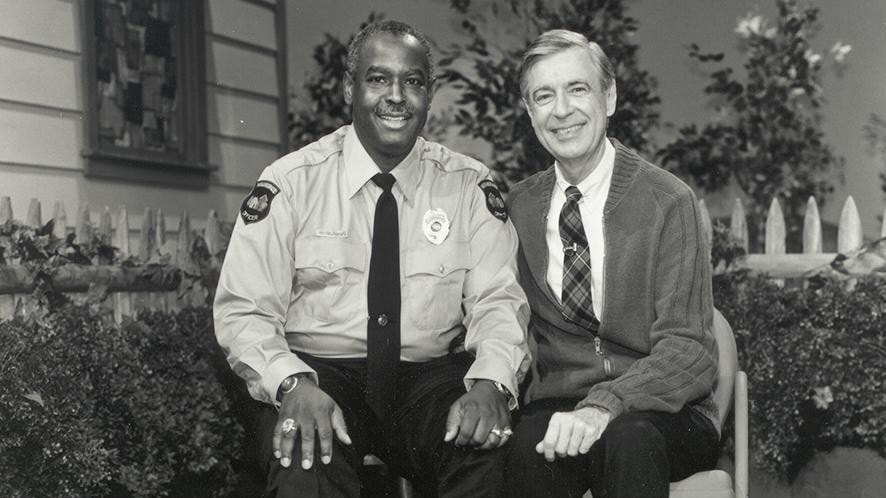|
By Bart Magee, Ph.D.
The recently released documentary film “Won’t You Be My Neighbor” is bringing people together. It’s a rare film that has both critics and audiences raving. (You really can’t beat a 99/98 Rotten Tomatoes score.) And it’s not a big surprise that the film is breaking box office records in the documentary genre. As an auspicious story about an unlikely hero who championed compassion and had an uncanny ability to understand the needs of children to be seen and cared for, it’s a film preordained to warm hearts, open tear ducts, and kindle nostalgic daydreaming. For many, it’s been a welcome antidote to the poisonous and divisive atmosphere that has taken over the national discourse. In my view, the meaning of the film and its potential impact goes much deeper and has real implications for how we think about mental health as well as the well-being of our community. With that in mind, I’d like to explore two of Fred Rogers’ main concerns, the first being the concept of childhood and the second being neighborhood. For Rogers, the two concepts are intertwined. In his distinctively gentle and relaxed manner, Rogers develops his ideas around these concepts with a vision of radical cultural change.
0 Comments
By Bart Magee, Ph.D.
As a society, we pay a lot of attention following a celebrity suicide, with ample coverage in the media, reminders about warning signs and tips on how to help those at risk, but the concern quickly fades from public consciousness. If we are serious about making progress on addressing the alarming rise in US suicide rates, we need a more sustainable strategy. For too long, we’ve tried to address the problem by focusing on individual risk factors. While this is important, it only contributes to our difficulty maintaining a wider perspective and fails to confront the problem in its true complexity. Thinking about this, I was heartened when I heard the theme of Monday’s World Suicide Prevention day: “Working together to prevent suicide.” In that theme we have the seeds of a different approach, one that starts with taking collective responsibility for the problem. But what would working together on suicide prevention really look like? How can each one of us get on board and contribute? |
Archives
April 2024
Categories |


